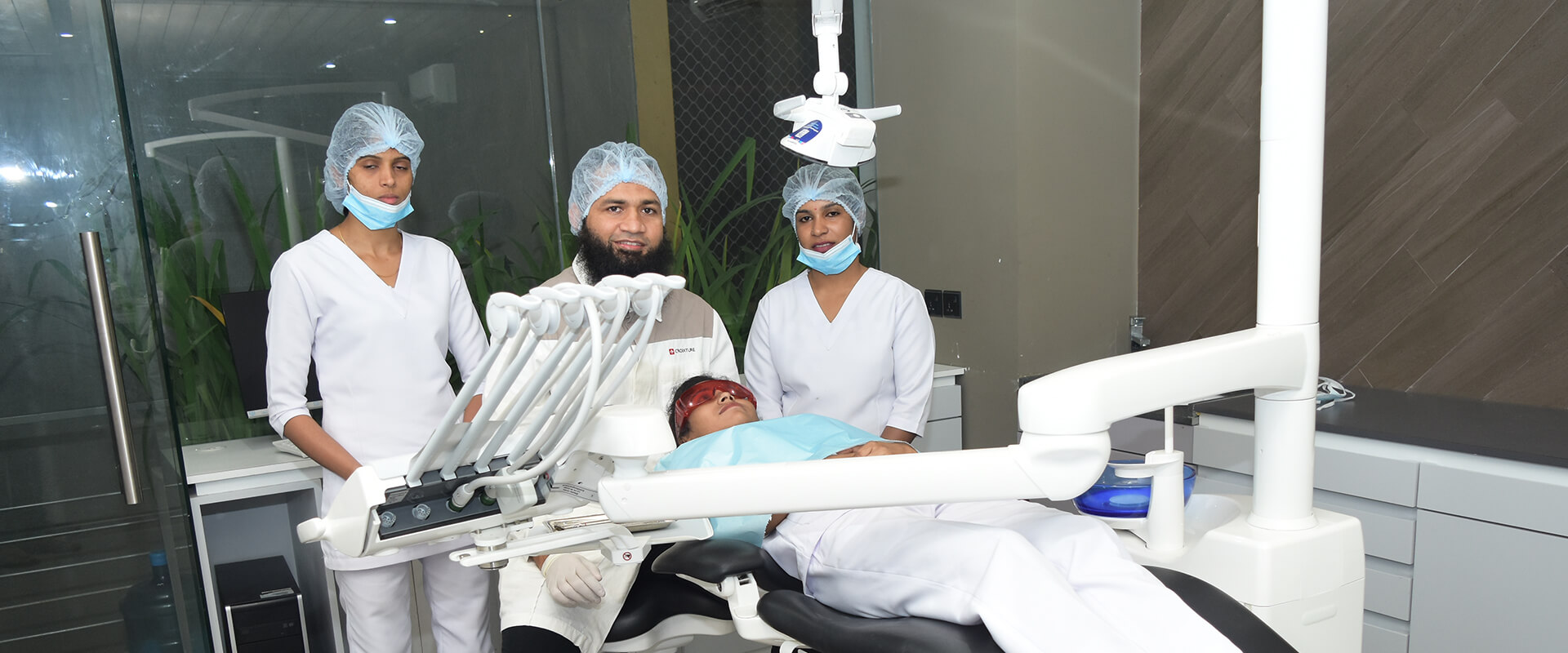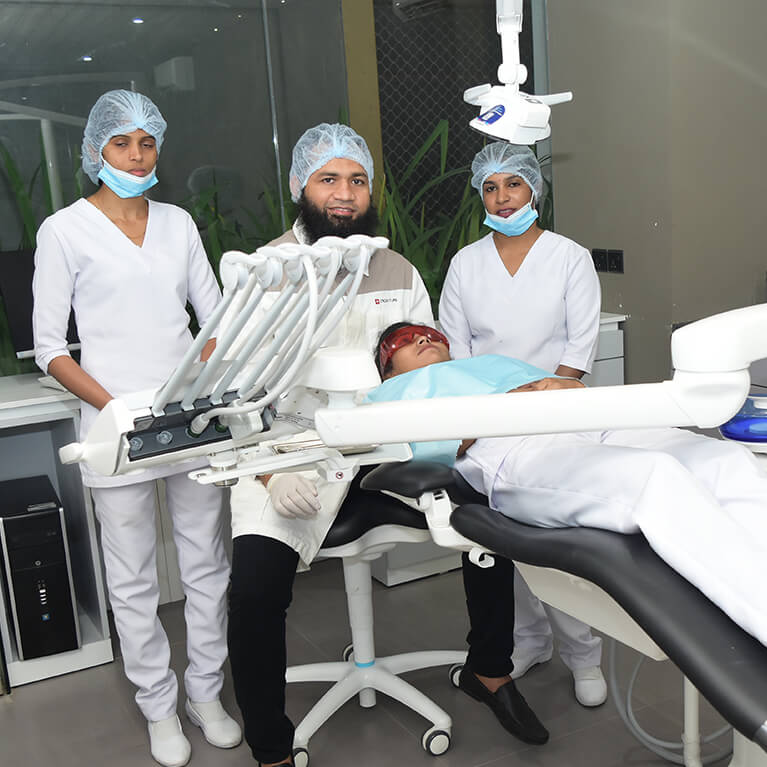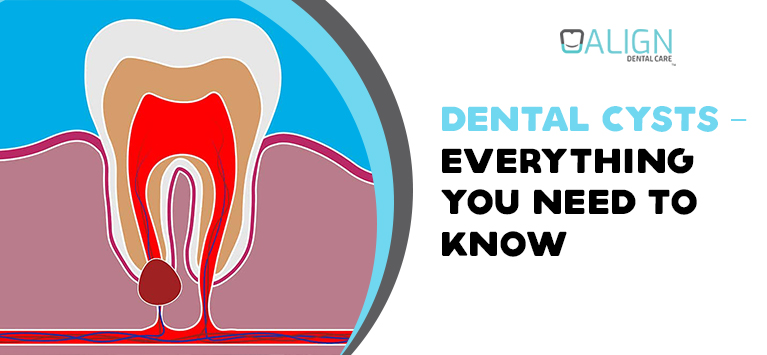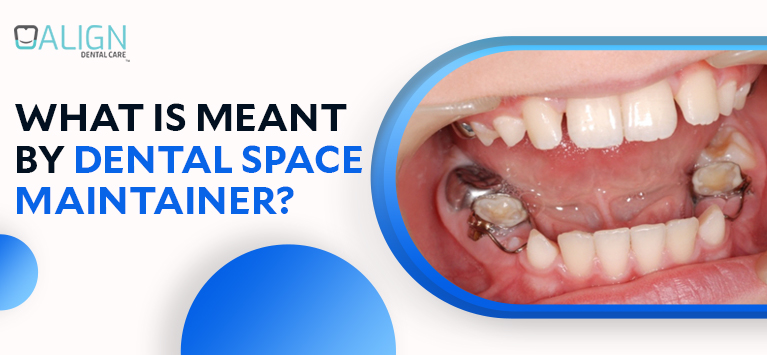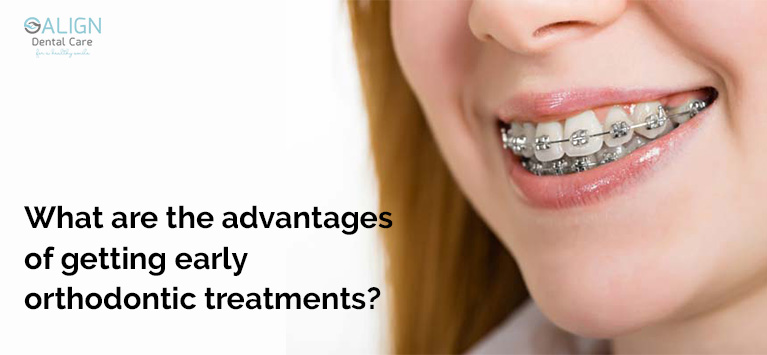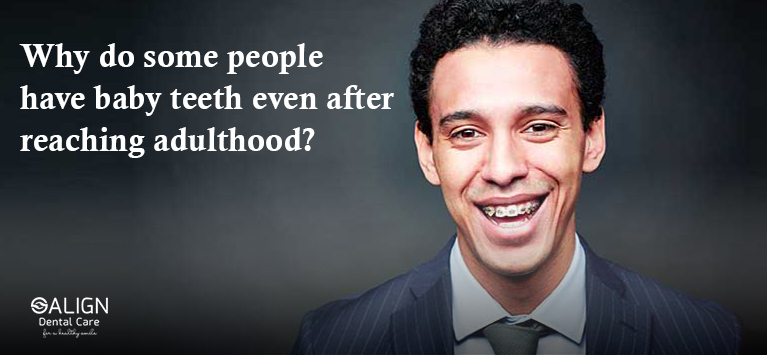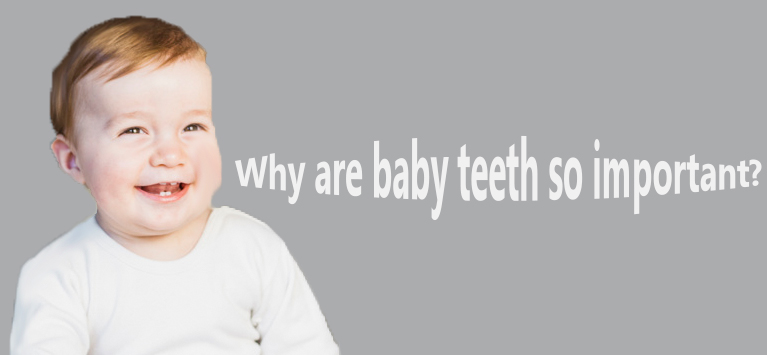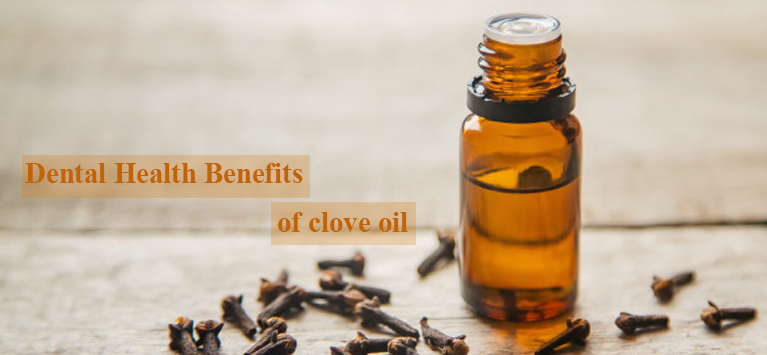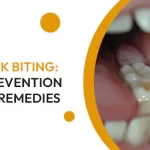From the ancient periods, clove has
been used as a natural remedy to treat various dental problems. People do not
see whether it is raw clove or oil, but they continuously believe in the
medicinal benefits of this spice plant to treat cavities, infection, toothache
and other oral problems.
When you read
those ingredients present in toothpaste or mouthwash, you should have noticed
this clove oil, because it is the main ingredient, which shows its strength and
benefits in oral health.
Those who
think to treat their dental problem in an herbal and natural way, clove oil is
an excellent option for enhancing your health of teeth and gums.
When you think
of your childhood days, your grandmother would have told you to bite and hold
clove where there is an ache in a tooth. Yes, our ancient people followed this
technique to get rid of toothache.
Here are some of the major benefits of
clove oil for dental health
Clove oil for toothache
As said above, if someone has a toothache in our home, the first remedy we suggest is to keep a clove in the area where there is a toothache. Unbelievably, it will relieve some sort of pain. Dentists recommend clove oil instead of clove to save the healthy tissues in the mouth from damage.
Therefore,
whenever if pain arises, take clove oil and apply a drop in the pain area, as
it will relieve the pain. However, if the pain still exists, consult the
dentist as soon as possible.
Clove oil for cavity
Clove oil is still used by many people
to fight cavities. This remedy is very useful and effective against cavities
caused by infected teeth or bacteria. Due to its anti-inflammatory and
anti-bacterial properties, they can treat various oral care problems.
To eliminate
cavities apply a few drops of oil in the affected area before going to sleep. For
amazing results, try this for a week every night. Use a cotton ball to dip the
oil instead of using fingers.
Clove oil for mouth ulcers
Mouth ulcers are one of the common
problems that should be treated as soon as possible to avoid any severe pain in
the future. Here too the benefit of clove oil plays a major role in curing this
problem.
This is
simple, take a few drops of clove oil and mix it with warm water. Now put this
mixture in your mouth and gargle thoroughly.
Due to the
anti-bacterial and anti-inflammatory properties of clove oil, it kills germs in
the mouth and brings relief.
Clove oil for bad breath
Bad breath occurs due to the
accumulation of germs and bacteria in the mouth. If you feel any bad odor in
your mouth, you can believe clove oil due to its anti-bacterial properties to
get immediate relief.
To eliminate bad breath, take clove oil, stevia extracts, and peppermint essential oil, mix all these ingredients and store it in a spray bottle. Whenever you feel the bad breath in your mouth, simply spray this mixture in your mouth to get relief from bad breath.
Clove oil for teething babies
Whenever new teeth emerge in babies, it causes pain to them. Gums become swollen and cause discomfort to them. This problem often disturbs their sleep and makes them cry. You can trust the properties of clove oil here, and it helps a lot in this condition.
If your baby is teething, take a few drops of clove oil and dilute them with water. Then apply the diluted oil in the baby’s gum. This relieves their pain and makes them sleep well.
Clove oil is one of the best natural remedies to cure any oral problems. However, you should brush and floss your teeth regularly and it is highly recommended to visit your dentist twice a year to maintain the best oral hygiene.





